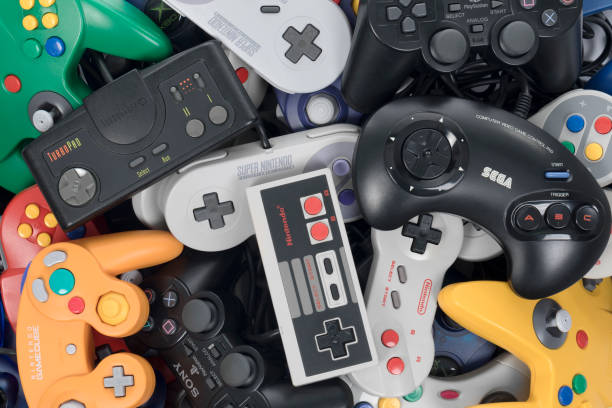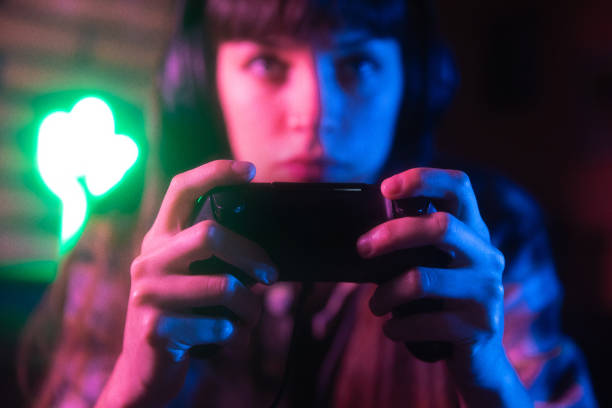
In a world of high-definition graphics and sprawling open worlds, it’s easy to forget the charm of the early days of gaming. Yet, for many gamers, the past still holds a powerful pull. Classic games like Super Mario Bros., Pac-Man, and The Legend of Zelda are not just relics of the past; they are timeless experiences that continue to shape the gaming culture today. The nostalgia surrounding retro games isn’t just about longing for simpler times; it’s about the deep emotional connection these games have created with players over the years, and the lasting impact they’ve had on the gaming industry.

One reason nostalgia for retro games persists is because of the memories they evoke. For many, these games were their introduction to the world of gaming, often spent with friends and family. The excitement of discovering hidden secrets in Super Mario Bros. or the thrill of getting a high score on Pac-Man shaped the early experiences of countless gamers. These games weren’t just about playing—they were about creating memories and sharing experiences that still resonate today. The simplicity of these early titles allowed players to immerse themselves in the gameplay without distractions, and the challenges presented in these games were often more about skill and patience than flashy graphics or complex mechanics.
Another reason why the past still matters in gaming is because of the lasting influence retro games have had on modern titles. Developers today often draw inspiration from the games of yesteryear, whether it’s the platforming mechanics of Super Mario or the dungeon-crawling elements of Zelda. Many modern indie games have even embraced retro aesthetics, using pixel art and chiptune music to evoke the magic of the past. Retro games laid the foundation for many of the genres and gameplay styles we enjoy today, and their influence can be seen in everything from action-adventure titles to platformers, proving that the past is not only relevant but a vital part of the present and future of gaming.
For many, the accessibility of retro games adds to their nostalgic appeal. With the rise of emulation, retro games are easier than ever to access, allowing new generations of gamers to experience the classics for the first time. Even older players who remember these games from their childhood can now relive those experiences on modern platforms, with the added benefit of emulated versions that often come with added features like save states and improved graphics. This accessibility ensures that the magic of retro games continues to live on, even as the gaming industry moves forward with cutting-edge technology.
There is also an undeniable sense of community that comes with gaming nostalgia. Retro games bring people together, whether it’s through online forums, social media groups, or local gaming events. People who share the same love for these classic games bond over their experiences, swap tips, and even engage in friendly competitions. Gaming nostalgia has become more than just a personal feeling—it’s a shared experience that transcends time and brings together people of different ages and backgrounds, united by their love for the classics.
Additionally, the simple, yet challenging nature of retro games holds an enduring appeal. Modern games often come with complex mechanics, long tutorials, and intricate plots that require hours of investment. In contrast, retro games were straightforward but still difficult to master. The challenge in Pac-Man or Donkey Kong wasn’t about learning complicated controls; it was about honing reflexes, memorizing patterns, and perfecting strategies. This purity in design has a timeless appeal that modern games sometimes lack, making retro games not just a blast from the past, but a reminder of what makes a game truly engaging.